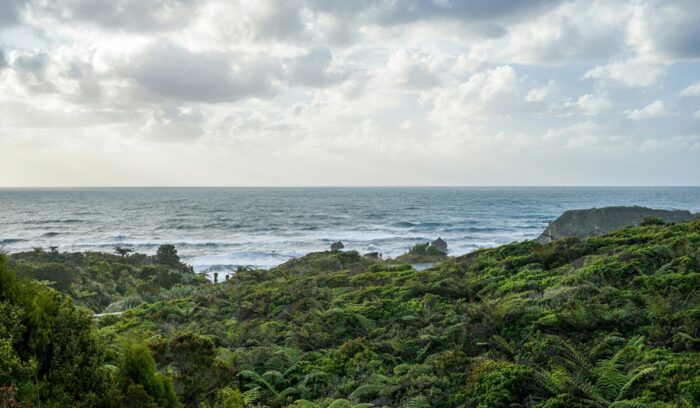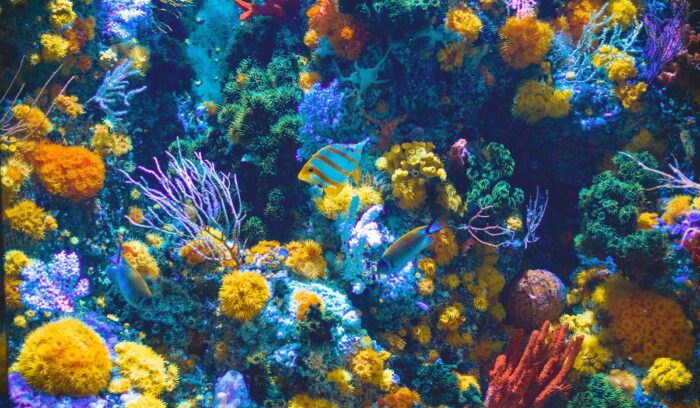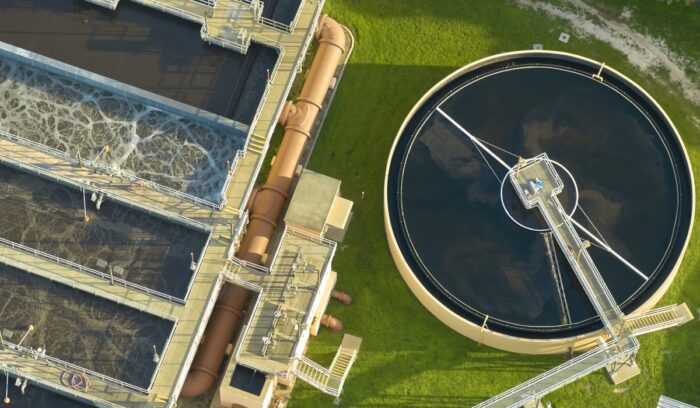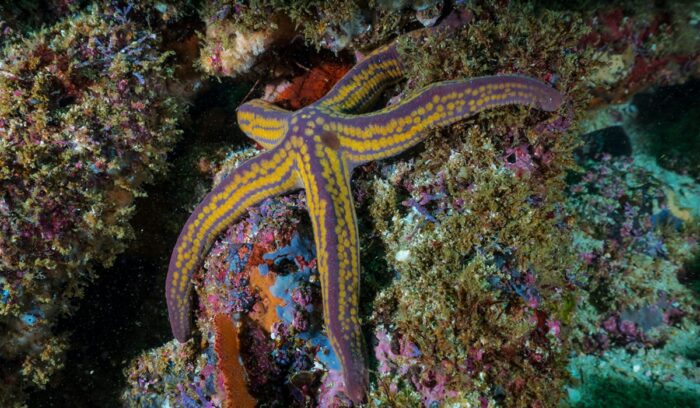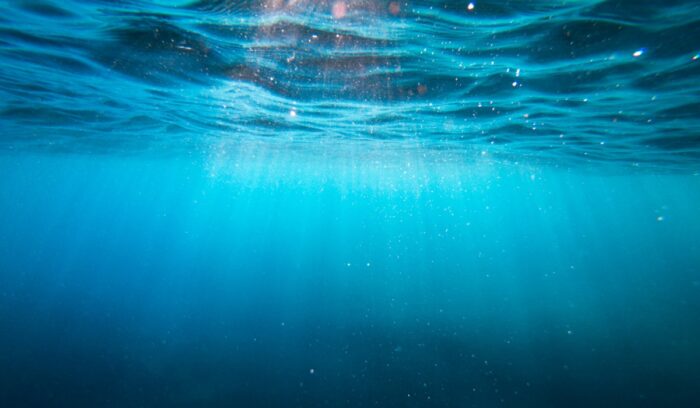In a first, the Brazilian city of Linhares grants legal rights to waves
The city of Linhares, Brazil, has granted legal rights to the waves at the mouth of the Doce River, the first instance in which a government has conferred rights upon part of the ocean. The city is aiming to better protect its coastal waters in the wake of the 2015 collapse of the Fundão dam. The dam held back more than 10 billion gallons of waste at an iron mine upstream, and when it failed, a wave of sludge poured into the Doce River.

